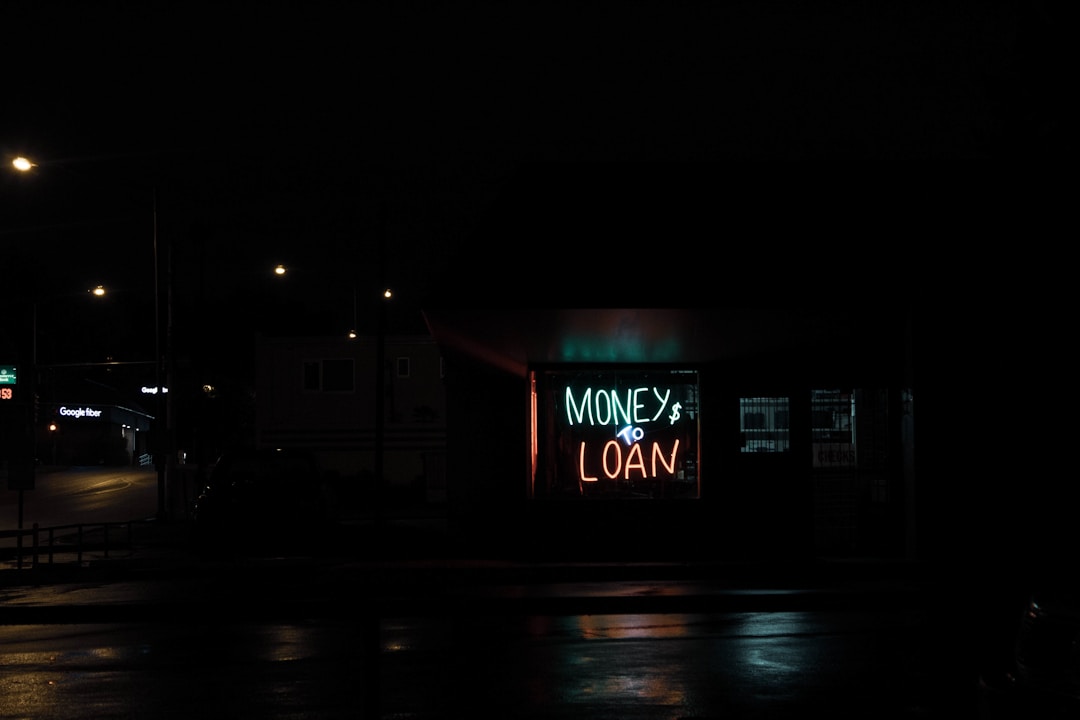Starting a church isn’t the world’s easiest venture. Primarily, this is due to a lack of proper space. While it’s possible to hold services over video conferencing software like Zoom or Skype, you may lose the community feels that makes worship places so impactful.
So, when you’re ready to find the right home for your church, where do you start? From financing to choosing the right locations for your needs, it’s important to follow some helpful real estate tips and tricks. This can help you get your church off the ground and find a location that works for your congregation.
1. Determine your financing needs ahead of time.

Like any real estate decision, you have to ensure that you’re a qualified borrower or that you can pay for a property in cash. In most cases, you’ll probably end up working with a lender. Of course, this also means that you need to do your due diligence to find the right lender. Many borrowers fall into the trap of accepting the first loan they qualify for, regardless of the lender’s terms. This can mean higher collateral requirements, a steep interest rate, and an increased down payment, particularly if you’re working with a conventional lender. That’s why many borrowers, especially those looking to purchase income properties like apartment communities or commercial spaces like churches, choose to work with private money lenders and hard money lenders.
Finding private money lenders and hard money lenders isn’t as difficult as it might sound, either. Many of these lenders are but a few clicks away. Make sure to do location-specific internet searches, such as “hard money lenders in California” or “low-interest-rate lender in NYC.” This will help you find a private money lender or hard money lender that works in your preferred location. It’s also good to ask about minimum credit scores, required collateral, and the pricing differences between residential property and buildings purchased for business purposes. These factors can impact your final loan amount or offer, so be thorough during this step.
2. Consider unconventional property.

If you’re in saturated markets like Southern California’s Orange County or the Tri-State Area, you’re going to have to drive a hard bargain to secure traditional church space. After all, churches don’t often go up for sale, and many existing churches are in active use. As this is something of an investment property, you need to ensure that you’re considering all of your options, even spaces that don’t traditionally resemble churches. Industry leaders like John Foresi from Venterra Realty emphasize the importance of what you do with space. While the exterior is a big selling point, especially in major US cities, the interior matters as much, if not more.
Do you have room for a cross, menorah, or prayer mats? Can you fit all of your baptism supplies and still use the space effectively? Do you have spots to store baptism items, Bibles, or other texts when they’re not in use? Perhaps most importantly, you need to ask yourself if the space feels like a church. If it has that feeling and works for your community, it can be a church, even if it’s based out of a single-family home, a townhouse, or even a condo. Take advantage of the unused spaces throughout your city to find a property that has the right potential. This can also make for a short sale, especially if you can narrow down properties effectively.
3. Research grants and donations.

Perhaps the best way to fund any religious entity in the United States is through grants and donations. While loan requests can help you secure a property, many grants are allocated for real estate projects, non-profits, and more. If you have donor backing, it can speed up property acquisition and your real estate transactions. It can make it easier to secure a commercial property, purchase Bibles and other supplies, and develop campaigns to attract new members to your church.
If you’re considering opening a church, it’s easy to see why grants and donations are so desirable. Compared to a loan request, grant money and donations don’t need to be repaid if used as intended. On the other hand, traditional lenders can set the borrower terms that they see fit, and these won’t always benefit you or your congregation. Since property acquisition is tricky enough as it is, it’s easier to approach real estate investing when you have the right financial backers on your side. There are plenty of websites and directories that can help you find open grant applications. As far as donations are concerned, you may need to consider a marketing campaign or a word-of-mouth referral program to source donations.
Finding the right property for any church is an important factor in the congregation’s success. Whether you’re working with a traditional lender or a real estate broker, you need to have a strong sense of what you’re looking for and how you’ll use it. With the right tips and tricks, it’s easier to secure financing and find the right space for your church.









